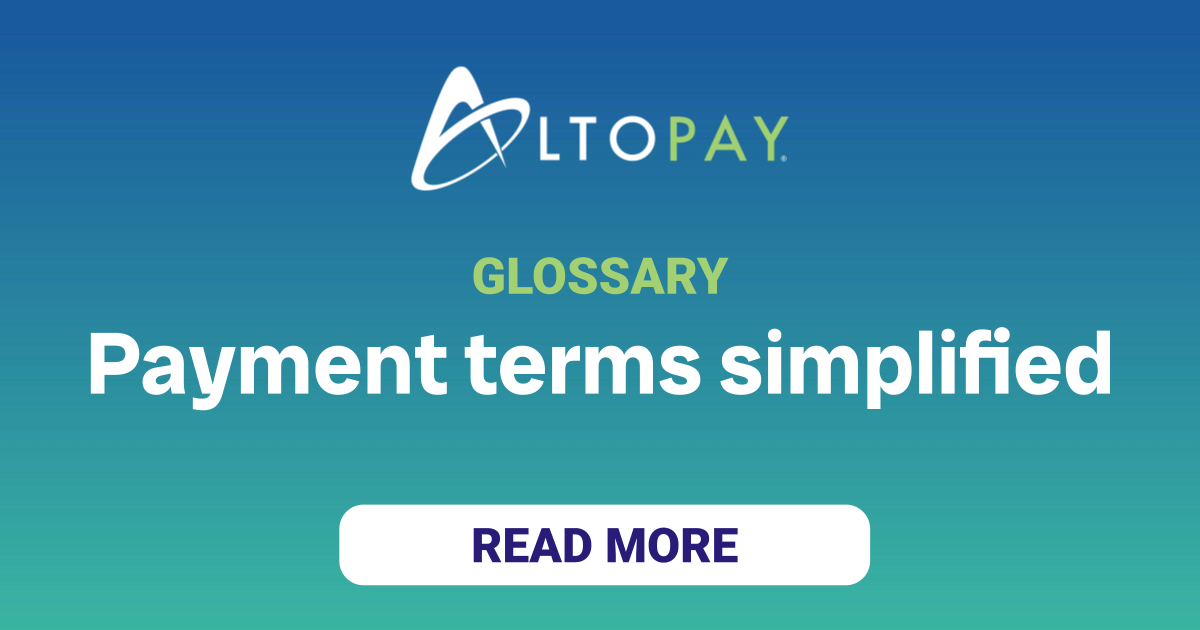Card-not-present (CNP) refers to any transaction where the buyer does not physically present the card to the merchant at the point of sale. This includes online, mobile, mail, and phone orders, where the customer manually enters or verbalizes the card data to the merchant.
CNP transactions are more susceptible to fraud because the card is not physically present. All a fraudster needs to make a card-not-present transaction is the card information — which can be hacked or stolen. To increase protections, CNP transactions often involve additional verification processes like card security codes, address verification service, and 3D Secure. CNP transactions also carry different interchange rates and chargeback rules compared to in-person payments.
If your business operates online or via recurring billing, most of your transactions will be considered CNP. This classification means you’ll need strong fraud controls and clear evidence practices to defend against disputes. AltoPay helps configure CNP-specific workflows to reduce fraud while preserving approval rates. Understanding your transaction environment helps shape your risk posture and compliance strategy.

For more than a decade, Jessica Velasco has been a thought leader in the payments industry. She aims to provide readers with valuable, easy-to-understand resources.


